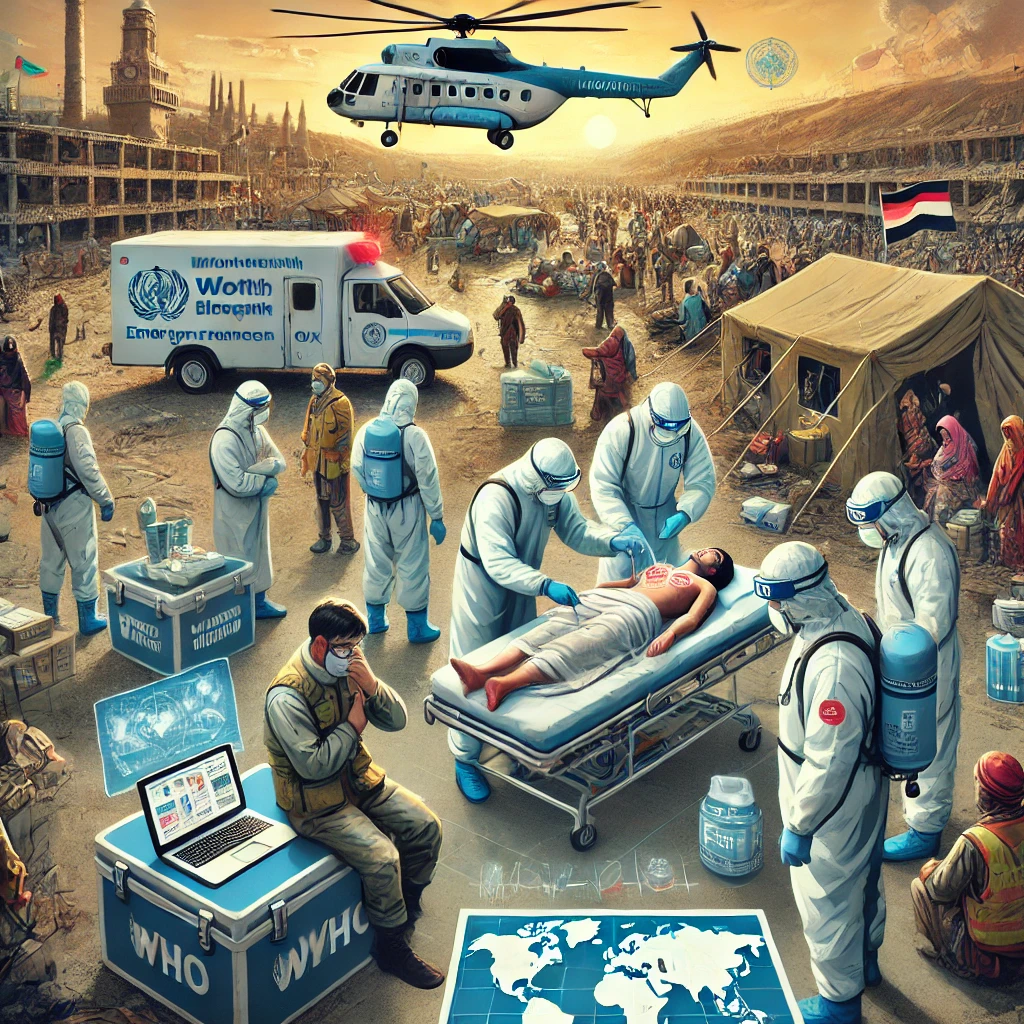Prakash Karat's Underground Days: Recalling India's Emergency
Prakash Karat, former CPI(M) leader, recalls going underground during the 1975 Emergency to escape arrest. He shares insights on the authoritarian nature of the Emergency, comparing it with today's institutionalised authoritarianism. Karat highlights the impact of forced sterilisation and slum demolitions on public opposition.

- Country:
- India
In 1975, the declaration of the Emergency in India led to the arrest of opposition leaders and forced many into hiding. Among them was Prakash Karat, then a young leader in CPI(M) and student at Jawaharlal Nehru University. Karat recounts his experiences of living underground during this turbulent period, seeking refuge at the AIIMS hostel.
As the general secretary of the Communist Party of India (Marxist), Karat reflects on the authoritarian regime imposed by Indira Gandhi, describing it as a 'knee-jerk reaction.' He juxtaposes this with contemporary forms of authoritarianism, which he views as more institutionalised and insidious.
Karat also discusses the lasting effects of the Emergency, noting its role in galvanising opposition through issues like forced sterilisation and slum demolitions. He emphasizes the current danger to democracy, which has united opposition parties, including those historically opposed to Congress, in the INDIA bloc.
(With inputs from agencies.)
ALSO READ
Rahul Gandhi playing role of irresponsible opposition, may God give him good sense: Nadda on his criticism of foreign policy, Op Sindoor.
Assam CM Applauds Opposition Leaders, Criticizes Rahul Gandhi
Sarma Praises Opposition Leaders, Criticizes Rahul Gandhi for Betrayal
Suresh Gopi Vows AIIMS for Kerala Before Tenure Ends
TMC Moves Breach of Privilege Motion Against Opposition Leader










